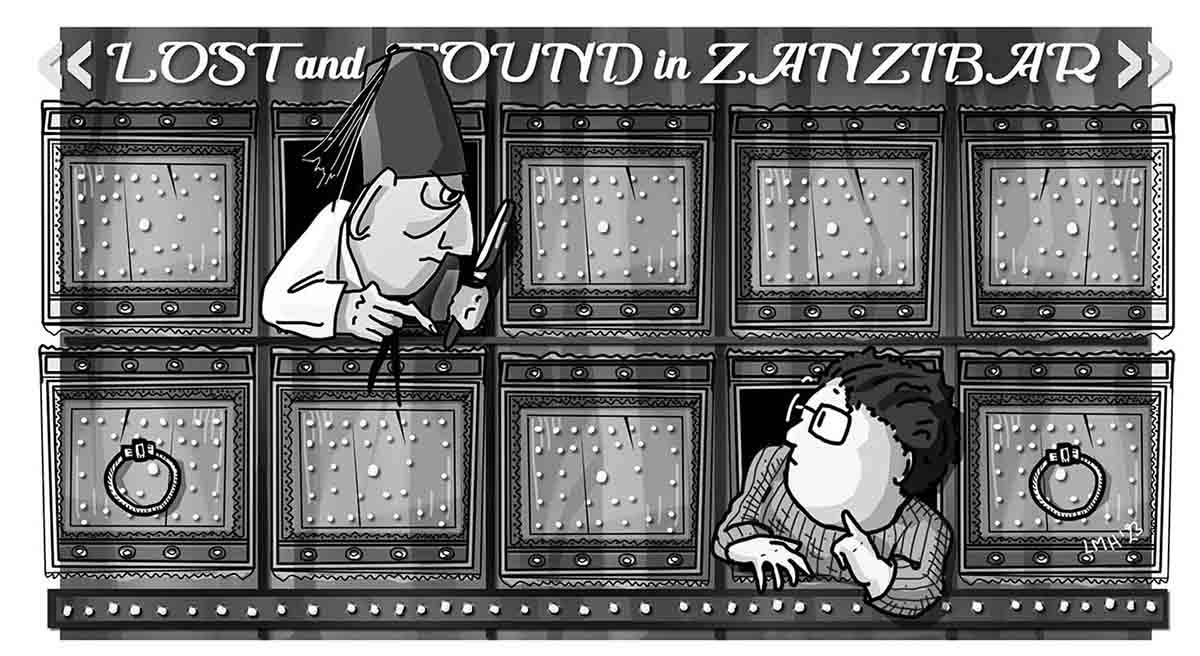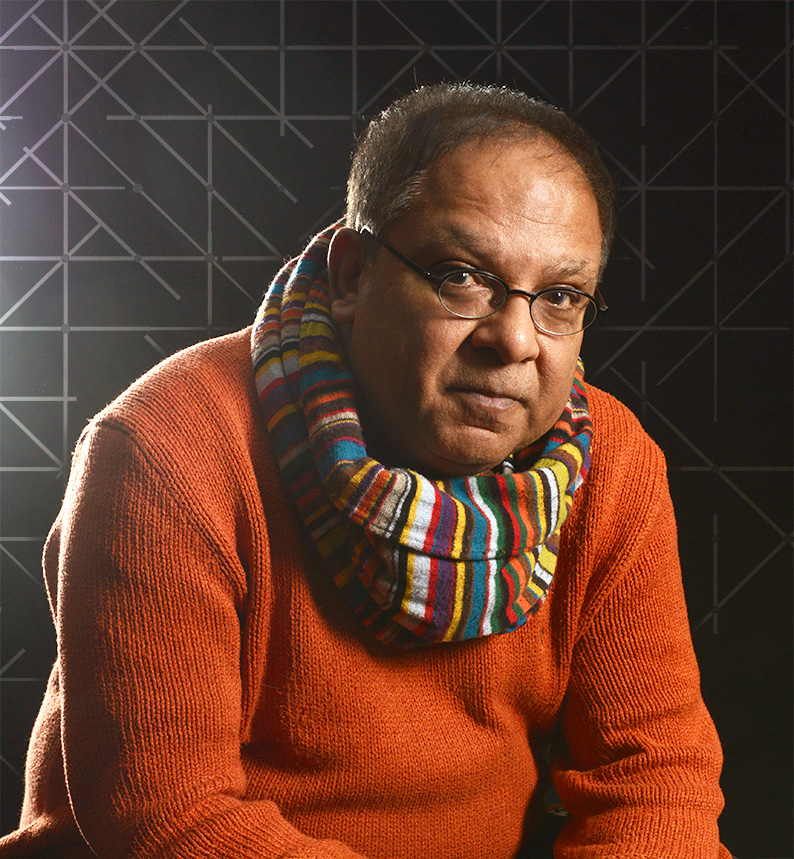As a teenager, I once accompanied a family friend on a dhow to Zanzibar. We stayed with locals at their home in Stone Town.
The town was built by Omani Arabs on their conquest of the island, centuries ago. Narrow, unlit, labyrinthine streets, the width of alleyways, divided one set of white, stone homes from another, each a twin of the other.
It was seven in the evening on a Friday, the sun had already set, when I ventured out and immediately found myself lost.
Wandering in the dark, directionless, I finally gave up and knocked on the nearest door. Typical of Zanzibar, it was a massive affair of carved, weathered mahogany embellished with a thousand brass tacks.
A century old voice from behind the door demanded to know my business and where I came from. The interrogation continued—what was my name? At my answer, a final test of my credentials…
“Ya Ali Madat,” the voice behind the door croaked.
“Mowlali Madat,” I instinctively replied.
Only fellow members of my minor Muslim sect would have understood “May Ali (their first prophet) bless you.” And the reciprocal response, “May Ali bless you, too.”
I had unwittingly stumbled upon my community’s mosque in Zanzibar.
A door within the main portal, hidden by the encrusted brass tacks, creaked open.
In the faltering light, I stepped into a courtyard, encompassed on three sides by a two-storey building. Its surrounding verandah was broken in several places, as was its outside staircase.
The old man led me to a corner where several elderly companions awaited us. Amid the rot and decay, barely able to sit cross-legged on this, the mosque’s most important day of the week, they were dressed in their finest garb—once-white suits now yellowed with age, shirts frayed at the collar, thin black ties that skewed back aslant, despite continuous efforts to keep them straight. They wore carmine red tarbooshes furnished with black satin tassels to one side. There were no women. This huddle of six was the only remnant of a congregation of thousands that had been driven away by the ruling sheik.
Once again, they asked me my full name—that of my parents and grandparents. Then, without further ado, they recited the history and incidents of three generations of my Indian family.
I never visited them again, yet remember them always, convinced that my travels would once again lead me to an old man waiting in a courtyard, guarded by a massive door, waiting to tell me who I am and where I came from.


